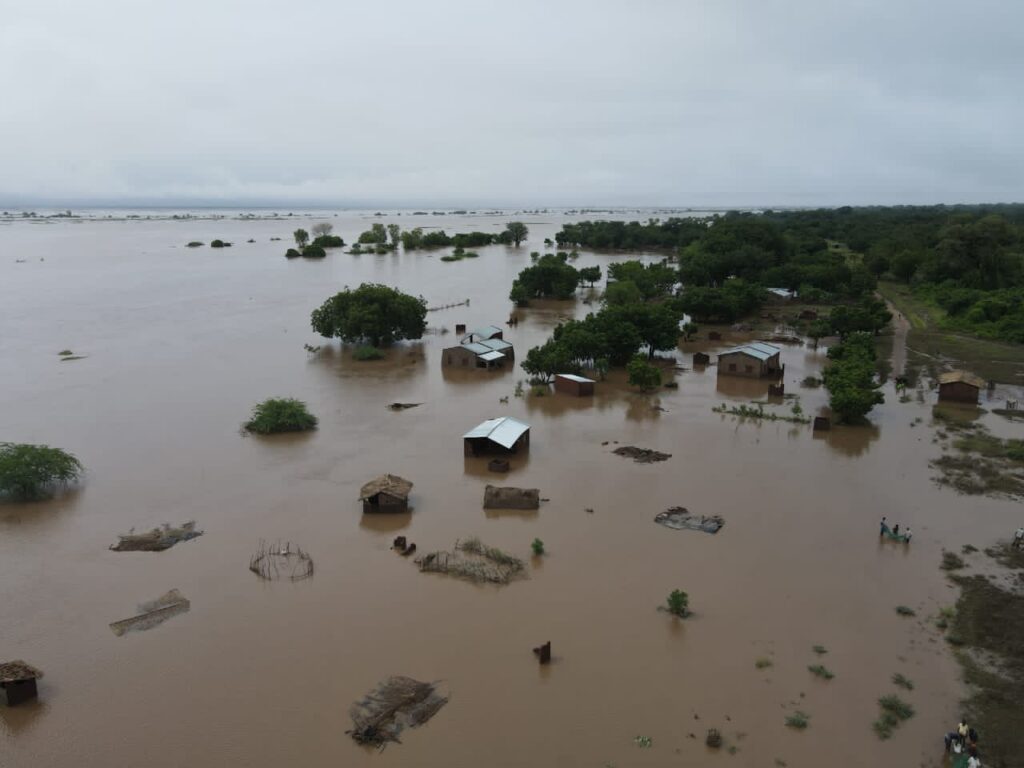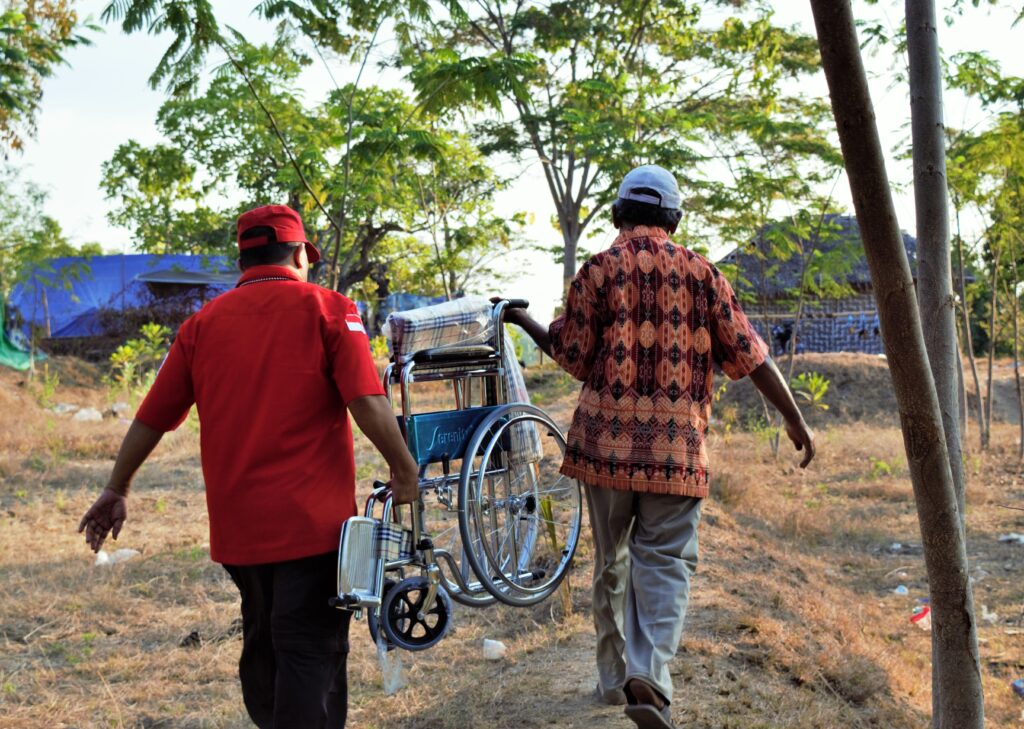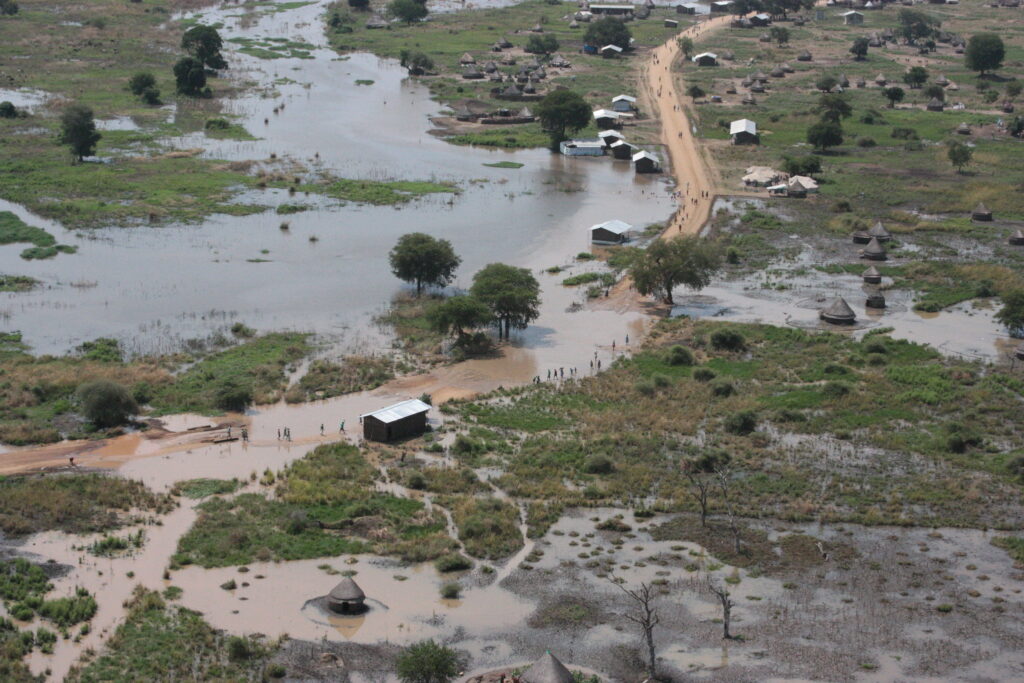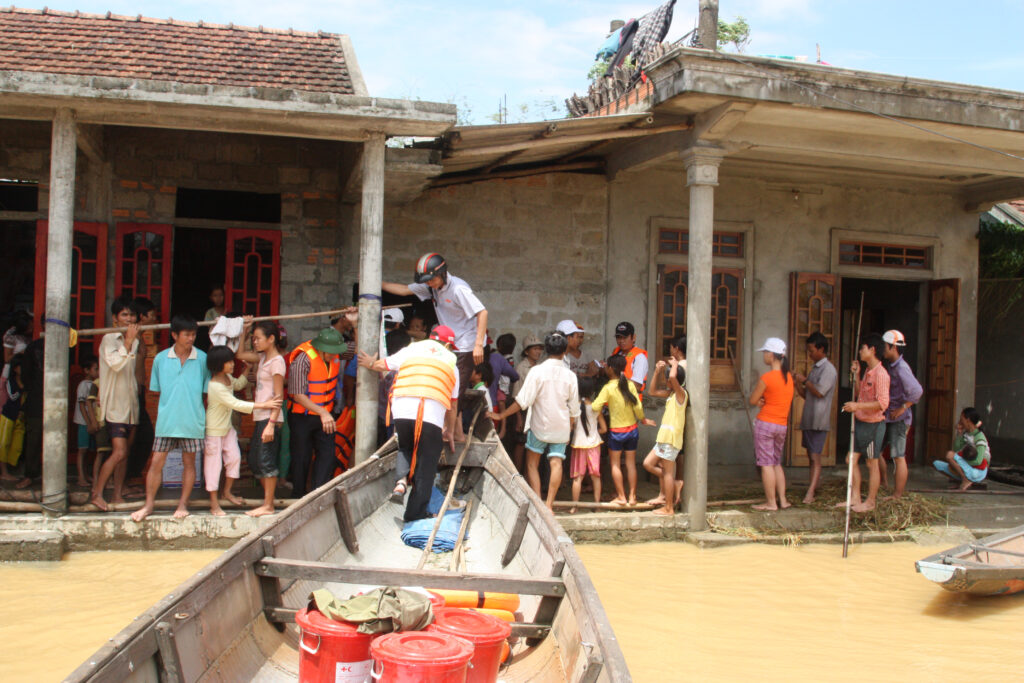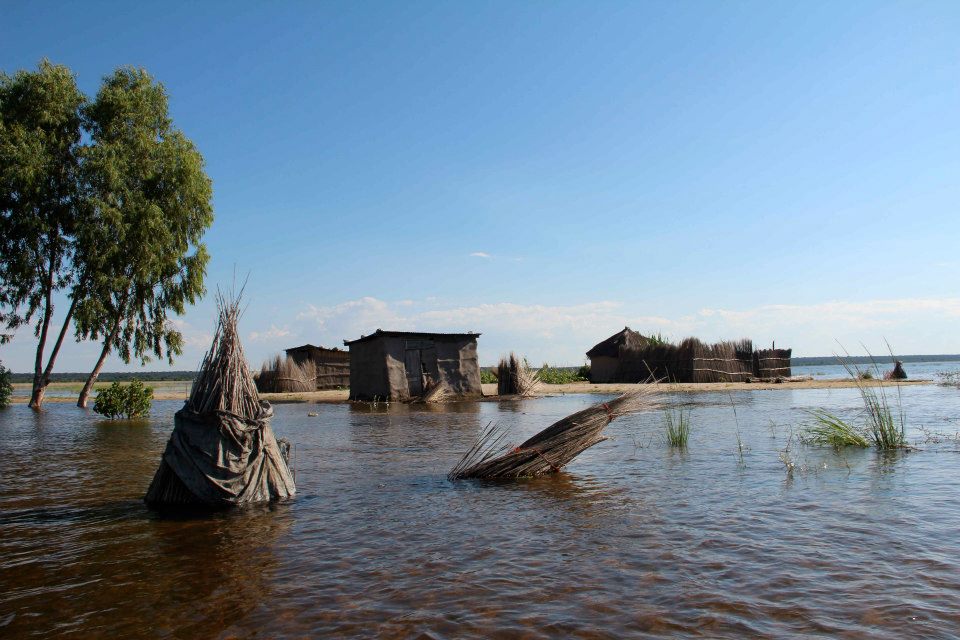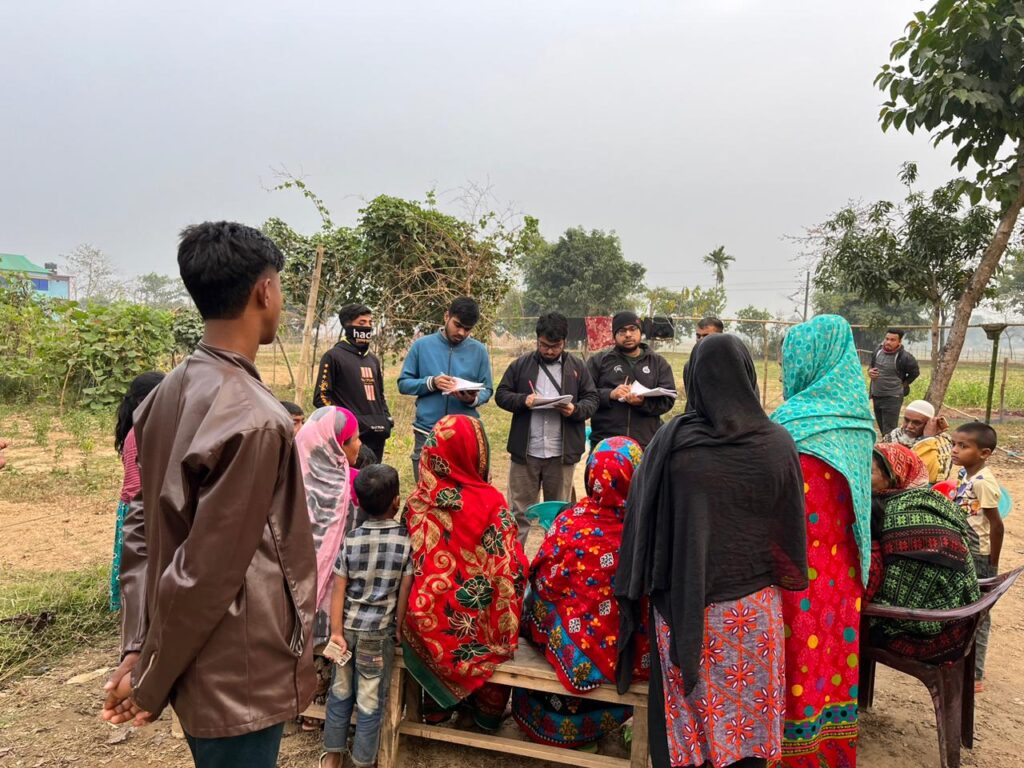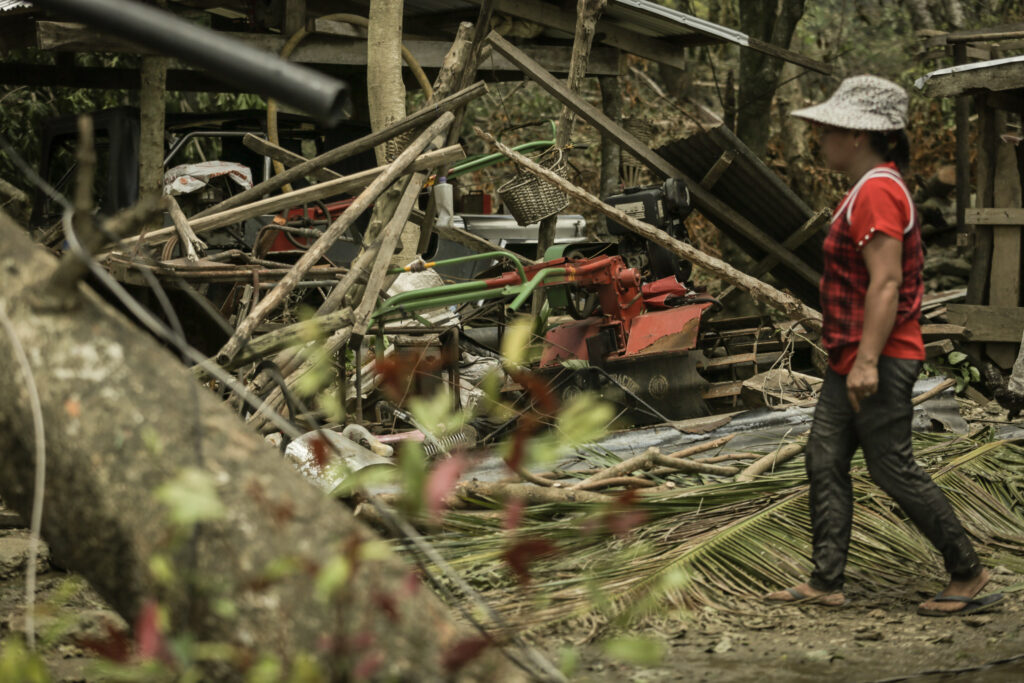Urban planning at the heart of increasingly severe East African flood impacts in a warming world
Urban planning at the heart of increasingly severe East African flood impacts in a warming world 23 May, 2024 DARAJA / Resurgence mention on pp.18-19 of the Full Study. The 2024 long rains in East Africa were exceptionally heavy towards the end of March and throughout April into May, causing severe flooding in Kenya, Tanzania, […]


